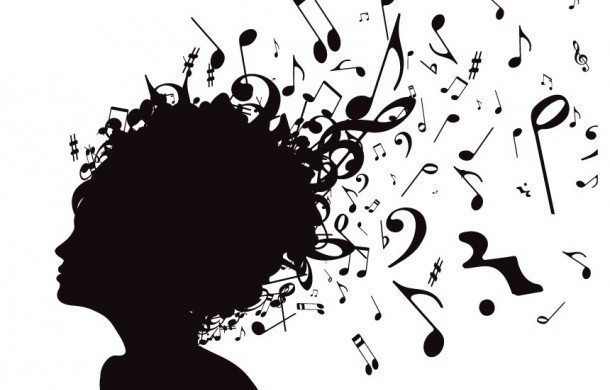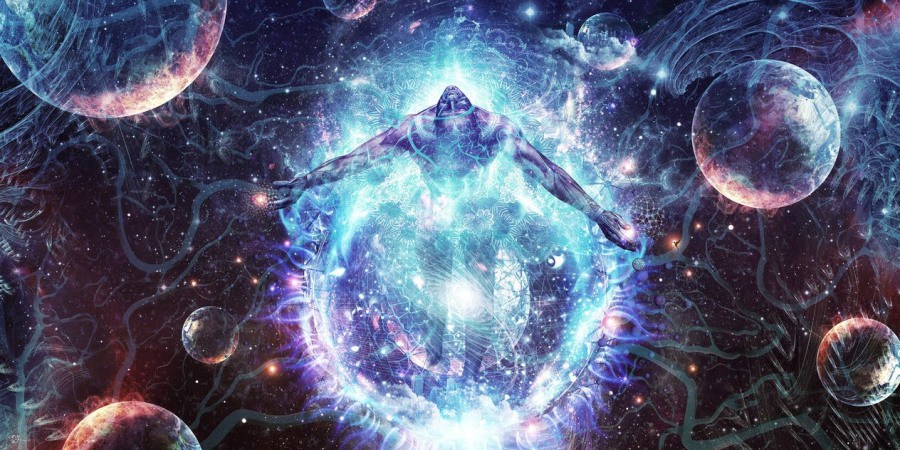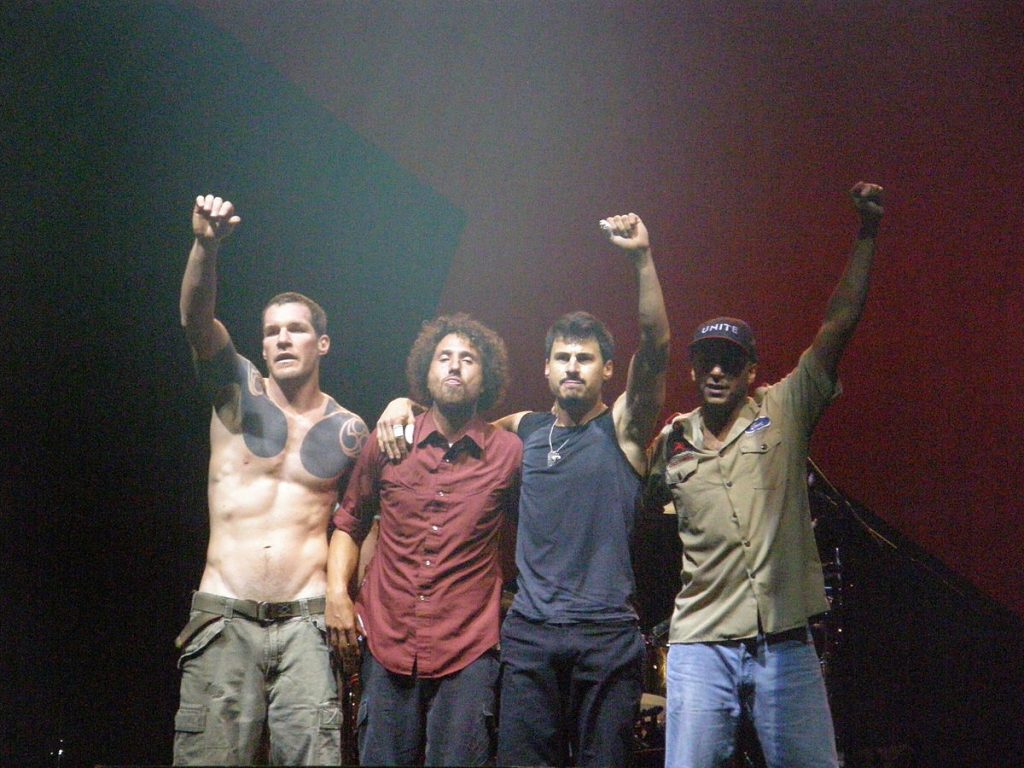Music – A Mystery We’ll Never Know

Isn’t music a beautiful thing? How does something so subjective captivate our minds so tremendously? To me, music is something that only one person can understand. What I mean by this is that everyone perceives music differently. Such as the meaning of songs. No two people can have the same exact experiences as another, and that is the same in music. You experience music differently from others. It’s your diary, the only difference being millions of others also have access to it, but no one understands it the way you do. You might have different experiences while listening to that particular song. For example, seeing your first love, what song comes to your mind? Is it a ‘Total Eclipse of the Heart’ vibe, or more of a ‘You Belong To Me’ type of feeling? See, everyone has their takes on any song. It’s a million feelings in verses. It can also be subjective. One person’s music taste may vary from another, even if there is no clear reason why one person loves or dislikes a certain type of song. Music is a beautiful mystery and yet it’s also an answer to everything.

Music is transcendent. It’s an escape from feelings but also a deep-dive into it. Sometimes, a touch, sometimes a hug, sometimes a slap of reality. Joyous melody escaping through a speaker, or headphones (depending on what you were using), that captured your imagination. It takes the forms of many people, using them as a muse to show its true nature. The psychedelic guitar screams of Jimmy Hendrix can open up your mind to see a million colors and shapes, floating all around you, taking you to another dimension. The calls of longing from Whitney Houston, desperately reaching out to her lover, assuring him that her love for him never fails. The rapid-hitting political-fueled bars of Rage Against The Machine, demanding justice and equality. All different significances, all geared to different types of people. Why does something so abstract as music have such a hold on people’s emotions? Every other living creature in this world has no iPod to listen to “Who let the dogs out”. A mystery shall remain forever as simple melodies can etch itself into our brains.

The various genres that encompass a myriad of backgrounds, more than any one person could ever count. Every culture, every ethnicity, boasts a collection of harmonies, instruments, and beats. Music can be traced back as early as when language was developed. It did not emerge as a result of the development of language, but music came first, before language. Isn’t that beautiful, imagining communication through music? Observing how an infant develops language and music cognition can be used as a basis of how early humans developed this skill. This leads to a hypothesis that language is a special type of music, where music is developed first and then provides a foundation for language acquisition. Which is why every culture around the world has its own language and music. The United States, where the blues-which had a somber sound-longing for an escape of sadness, lead to a new sound, the hard rock that brought about a more vicious vibe than the classical blues. Not necessarily an angry vibe, but it became a more energetic type of blues. The United States was also the birthplace of R&B and Hip Hop, two of the biggest genres of music there is today. The Samba, from Latin America, that oozes the distinct features of all Latin American Music that makes any person wants to dance. The Opera, originating from Italy, which is usually sung in theaters and used in performing arts. A large and filling sound uttered from the mouths of highly trained singers captivating the audience, showing moments of happiness, dread, or sadness in a shocking manner. One of the most culturally diversified countries in the world, Africa, is a place where they boast a myriad of types of music such as Afrobeat and Mbaqanga. The reason why dancing is deeply rooted in African culture probably because their music beats are enough for anyone to want to dance. Besides that, the Samba-music originated from Brazil-also capable of making you want to move your whole body.

Music unites but also divides. Music is a medium to communicate feelings and a tool that could unify any group of people such as national anthems, stadium songs. However, music is also a way to show injustice around the world. When you hear a national anthem, don’t you feel a sense of pride come over you? As though singing your national anthem makes you feel like you are representing your country and you feel overcome with pride? That’s the power of music to unite people. Here in Malaysia, music is also a way to unite a diverse group of citizens. Rap, historically a racial induced type of music. It was a way for African-Americans to demand the justice they deserved in the United States. Rappers all over the nation used music to achieve the betterment for their people when racial profiling and racism was at its peak in the United States. The N.W.A used this platform to tell people about police brutality in the United States. The words that rappers used in their music highlighted to people all around the world the injustice that African-Americans were facing in the United States, so people became more aware of this. This type of music united all the African-Americans and minorities in the United States. This then leads to major changes in the United States and better treatment towards African-Americans there. Music also has the power to show the division between classes of people. Rage Against the Machine, a band based in the United States makes music that showcases the gulf between the 1% and the rest of the country. Their music highlights the difference between minorities and the upper class of the country.
Music can heal too. Music therapy has become a way to improve our lives. Music isn’t bound by time and always present almost everywhere in the world. As it has a universal nature, music therapy can reach out to unique individuals from all backgrounds and ages. It does not require any prior knowledge or training to allow individuals to reach their goals. Music therapists use music to engage with a person’s physical, emotional, mental, social, aesthetic, and spiritual lives. They often work with people suffering from emotional health issues such as grief, anxiety, and depression. It also has the ability to address the rehabilitative needs of patients of stroke, head trauma, or Parkinson’s disease. The benefits of music therapy include an improved heart rate, reduced anxiety, brain stimulation, and improved learning. We don’t need a music therapist in order to use music to help us. Have you noticed that listening to uplifting music while you’re sad also lifts your mood? In a way, that is also a form of music therapy.
Music, the greatest question no one will be able to answer, a craving that will never be satisfied, an itch that can never be scratched. There will never be a reason of how music able to achieve many of its great benefits, but one thing is for sure, we will never take it for granted. Music will forever be there and continue to live on. Much like Rock and Roll, music will never die.
